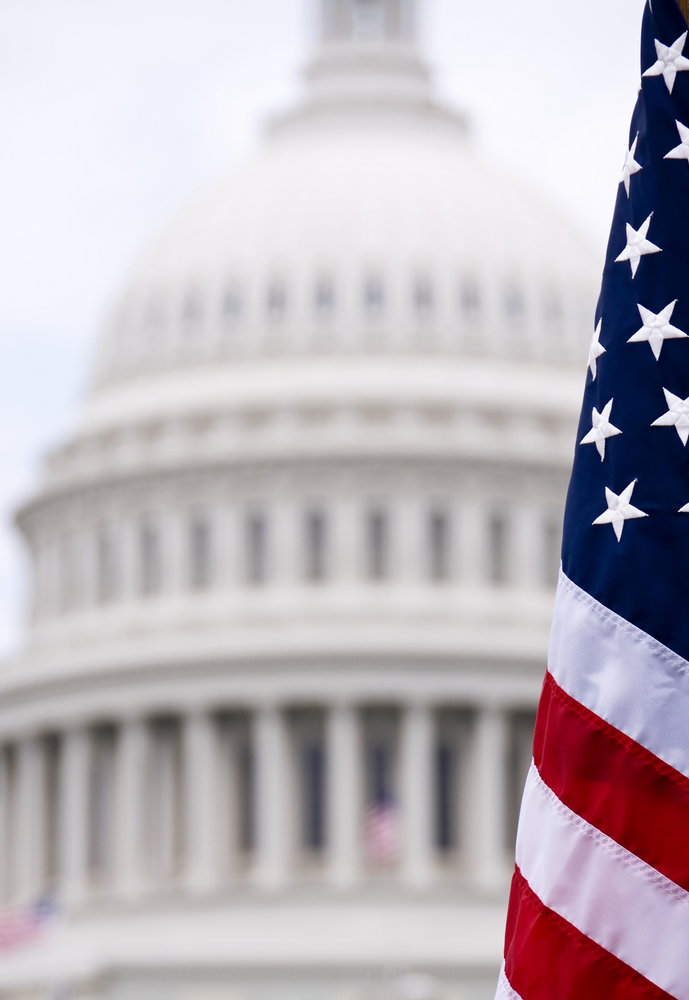Lobbying vs Advocacy
Lobbying is one form of advocacy, comprising efforts to influence specific legislation with legislators and their staff.
Advocacy covers a much broader range of activities such as influencing executive branch actions to implement the laws and public education.
One way of differentiating between the two terms is to understand that lobbying always involves advocacy but advocacy does not necessarily involve lobbying.
How we currently advocate
Our Focus
Provide resources, toolkits, and trainings for members
Research-based content submission
Campaign, e.g., write op-eds, run social media campaigns
Write position and policy statements
Participate in coalitions (ACE; WHES)
Meet with government officials
Participate in and organize public sessions
Letter and position statement sign-ons
Not Our Focus
Lobby and work to pass legislation
Set up meetings with government officials for members
Organize and lead coalitions
NACE Advocacy Committee
The Advocacy Advisory Committee takes the lead in identifying core issues for the profession; educates members regarding legislative and/or regulatory matters that may impact the profession; and advocates before governmental officials and the public for outcomes that best support the interests of NACE members and the profession. This includes issues of equity and inclusion in higher education, the workplace, and workforce development.
The Advocacy Advisory Committee considers issues of importance and advises on such issues to the membership. The committee ensures the association is appropriately representing the membership in legislative affairs and determines appropriate ways to communicate on behalf of and to the membership. Where needed, the committee will evaluate, and if appropriate, recommend positions and/or action on significant unanticipated issues brought by the membership.
Process & Proceedings
- Monthly meetings
- Written and oral public policy updates are provided during each meeting
- Deep dive discussions related to public policy issues
- Advocacy Action Team to deliberate and weigh in on NACE's response to sign-ons
NACE Policy Priorities
Learn more about NACE's advocacy priorities for higher ed and employment policies, legislation, and regulations.
Career Development and Readiness
Ensuring career services and career development programs across education and workforce systems. This includes the integration of career readiness in educational curricula, co-curricular activities and through workforce development and talent management programs.
Skills-Based Education and Hiring
Building educational experiences, training programs, and hiring practices that emphasize skills building and knowledge acquisition that are practical and transferable, including competency development, articulation and assessment.
Experiential Education and Learning
Promoting and expanding experiential learning opportunities to provide for career exploration and to meet the demands of the labor market. This includes expanded work-based learning programs, paid internships, practicums, apprenticeships, project-based learning, credential obtainment, and continued education.
Global Talent
Expanding pathways and opportunities for global talent to participate in and contribute to our education-to-work pipelines.
Affordable Education
Ensuring that post-secondary education and training is accessible and affordable for all learners.
NACE Position Statements
-
NACE Joins HE Associations in Supporting the Dream and Promise Act of 2019
NACE joined with more than 35 other higher education associations in March 2019 to support H.R. 6, the Dream and Promise Act of 2019.
-
NACE Position Statement: Classroom to Careers Act of 2019
NACE endorses the bipartisan Classroom to Careers Act of 2019, which allows schools to support students engaged in cooperative education to use federal work/study funds to underwrite the compensation students receive from some private-sector firms.
-
NACE JOINS HE ASSOCIATIONS IN SUPPORTING COLLEGE AFFORDABILITY ACT LEGISLATION
NACE joined with other higher education associations in supporting H.R. 4674, the College Affordability Act.
-
NACE Weighs in on Accreditation Provisions of CAA
In January 2020, NACE expressed concern over accreditation-related provisions of the College Affordability Act to the House Committee on Education and Labor.
-
NACE Advocacy: Coronavirus Legislative and Regulatory Issues
In March 2020, as a member of the Washington Higher Education Secretariat, NACE signed on to a number of position statements aimed at improving legislation ameliorating the effects of the coronavirus crisis or dealing with regulatory actions that may hamper the response.
-
NACE Position Statement: ICE Pronouncement Regarding International Students and Online Classes
NACE condemns ICE’s ruling regarding international students who, as determined by their colleges and universities in response to the public health crisis, may need to take courses online and urges ICE to reconsider its ruling.
-
NACE Joins ACE, Others in Calling for Reconsideration of ICE Rules for International Students
In partnership with nearly 100 higher education associations and organizations, NACE sent a letter to acting Secretary of Homeland Security Chad Wolf opposing ICE’s July 5 guidance on international students and asking that the administration reconsider its position.
-
NACE, Other Higher Education Associations Call for Withdrawal of Executive Order Disrupting Workplace Diversity Training
NACE, as part of the Washington Higher Education Secretariat, signed on to a letter calling on President Trump to withdraw Executive Order 13950.
-
NACE, Higher Ed Associations Extend Offer of Help to President Biden With COVID-19 Response
NACE joined with more than 50 other higher education associations in communicating to President Biden the higher ed community’s willingness to help with the administration’s COVID-19 response efforts.
-
Request to Department of Education to Clarify Use of HEERF II Funds
In a January 28, 2021, letter to Acting Secretary of Education Phil Rosenfelt, NACE, along with more than 50 other associations in the Washington Higher Education Secretariat, asked that the Depart of Education clarify that Higher Education Emergency Relief Funds (HEERF II) funds can be used to help all students, including undocumented and DACA recipients.
